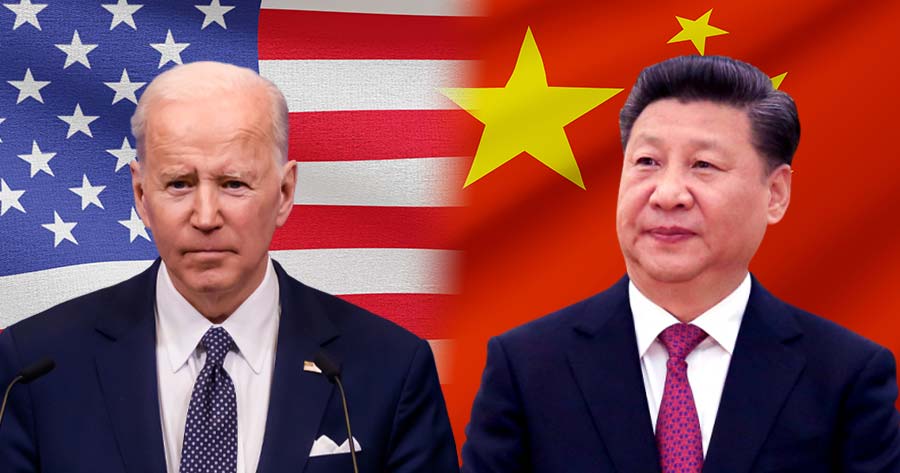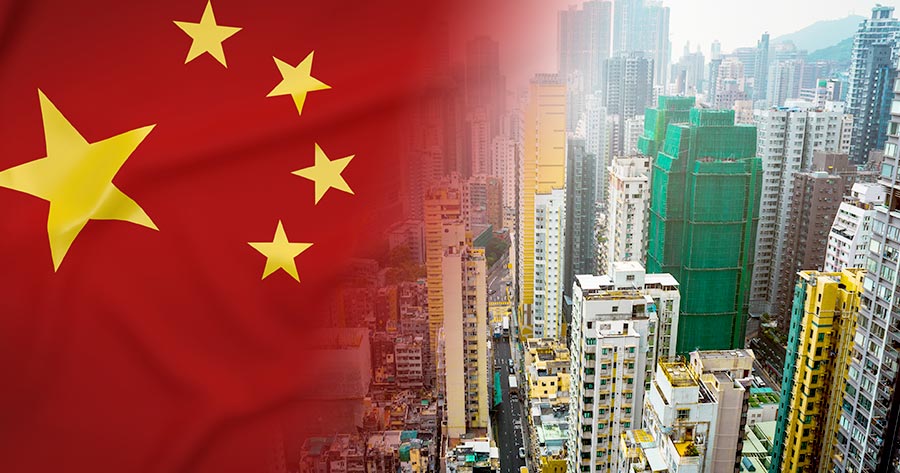President Joe Biden is requesting the U.S. Trade Representative to triple the current tariff rate on steel and aluminum imports from China as he travels through the crucial battleground state of Pennsylvania.
During his upcoming visit to the United Steelworkers headquarters in Pittsburgh on Wednesday, Biden plans to emphasize the need to raise the existing 7.5% average tariff on steel and aluminum. This move aims to underscore that recent warnings issued by his administration regarding China’s trade practices are not mere empty threats.
During a recent trip to China, Treasury Secretary Janet Yellen expressed concerns over Chinese subsidies leading to an oversupply of clean energy products such as solar panels and electric vehicles, surpassing domestic demand. Yellen cautioned that this overcapacity could flood global markets with products offered at artificially low prices, potentially hindering fair competition.
Yellen stated in an interview with CNBC’s Sara Eisen that tariffs could still be imposed if these overcapacity issues are not adequately addressed.
Despite Chinese officials and state media refuting the allegations of overcapacity and attributing the abundance of clean energy products to continuous innovations rather than government subsidies, the Biden administration remains steadfast in its conviction of the threat posed to global trade.
National Economic Council Director Lael Brainard emphasized during a call with reporters on Tuesday that China’s policy-driven overcapacity poses a significant risk to the American steel and aluminum industries. Brainard highlighted that China cannot rely on exports to revive its economy as the country must adhere to established trade regulations due to its sheer size.
President Biden’s intensified efforts to increase tariffs come as he navigates election-year politics alongside a delicate geopolitical landscape and growing concerns regarding the U.S. economy’s resilience.
The Biden administration seeks to strike a balance between warming relations with China, following years of strained communication, partly triggered by former President Donald Trump’s initial imposition of tariffs on Chinese goods, which nearly sparked a full-scale trade conflict.





